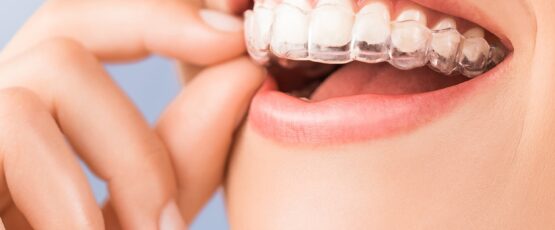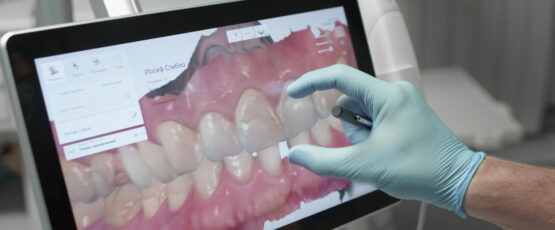
Easter is coming – that much is evident from the incredible amount of sweet delights on display in every supermarket. Apart from Christmas, there is perhaps no other time of year during which we allow ourselves to overindulge. We all know that sugar is bad for the health in general, but what does it do to the teeth? Now seems like a better time than ever to look at this all-important question.
The battle of the bacteria
Our mouths are full of bacteria, both good and bad. Essentially, our mouth contains its very own ecosystem. There are bacteria which are good for our oral health and harmful bacteria which create acid and destroy our teeth. Unless you’ve experienced tooth decay, you’ve probably never really paid much attention. Even if you’ve had problems caused by cavities you may not be aware of the constant battle that is being played out inside your mouth.
How do cavities start?
Harmful bacteria feed on the sugar in your mouth and create acids. These acids then begin to attack the enamel surface of your teeth. It is this shiny protective layer that protects the more delicate inner layers of your teeth as well as the root. As the acids attack, a process known as demineralisation takes place. This is where acids actually cause the minerals to be removed from the enamel.
At the same time, your saliva is constantly helping to fight demineralisation. Saliva is rich in calcium and phosphates, which help to replace the minerals and repair the damage caused by acid. Another key weapon in the fight against cavities is fluoride, which also helps to repair and strengthen damaged enamel.
Why does your sugar intake matter?
Saliva and fluoride both help, but if there is a regular supply of new sugar their ability to fight off decay will be extremely limited. If you regularly consume sweets throughout the day the acid levels in your mouth are likely to be kept at a high-level meaning that ultimately bad bacteria wins the day. It is important to note that starchy foods can also be bad news. This is because they stick in the mouth and help to create a perfect environment for acid to grow.
Obviously one of the big problems with Easter is that we can easily find ourselves eating sweet treats throughout the holiday period and thus significantly increasing our risk of tooth decay.
How do cavities lead to missing teeth?
Once the harmful bacteria in your mouth has taken hold and started to seriously damage the outer layer of enamel, cavities can quickly progress into the softer inner layers which offer much less resistance. This will initially lead to discomfort and pain, and ultimately loss of teeth if not treated quickly.
If you have invested in procedures to replace previously damaged or missing teeth, it is essential to avoid cavities in order to ensure the long-term success of your treatment.
How can I prevent cavities?
Firstly, by maintaining a healthy diet and avoiding both sweet and savoury snacking between meals as much as possible. You should also brush your teeth twice a day for at least two minutes, using a fluoride toothpaste.
Secondly, make sure you keep regular appointments with your dentist, who will be able to monitor the health of your teeth and gums as well as offer personalised advice to help you keep your mouth in the best possible shape.
Here at Perfect Pearls, we offer a range of treatments to help patients with damaged or missing teeth put the smile back on their face, with prices that will also leave you smiling. From tooth whitening and straightening to root canal work and dental implants, we offer a range of top quality, low cost dentistry at some of the best prices available in the UK. To book an appointment now, call us on Wolverhampton 01902 500823. Alternatively, get in touch.








